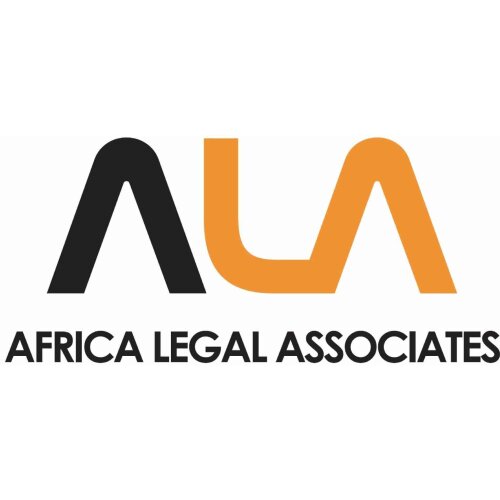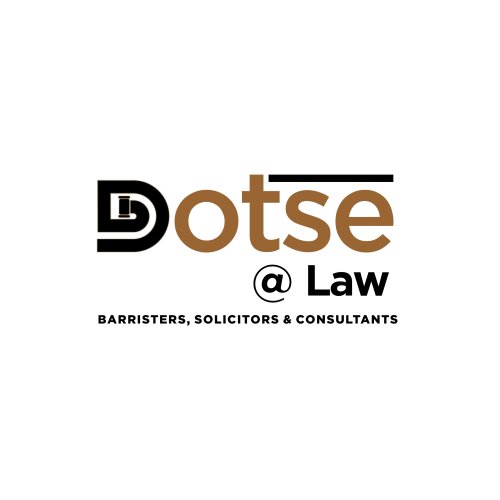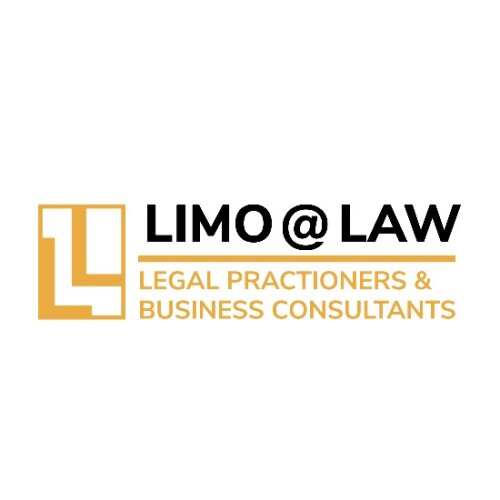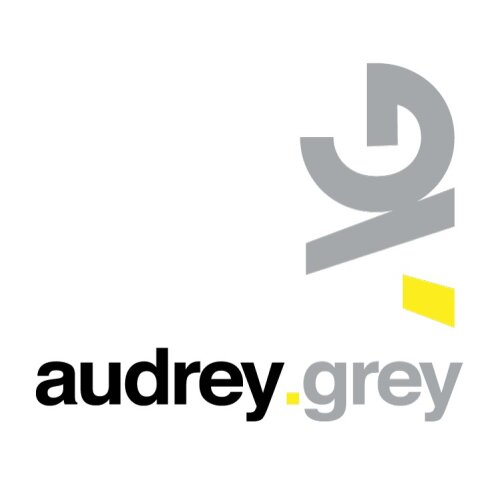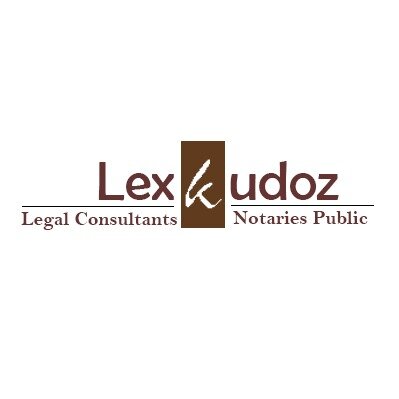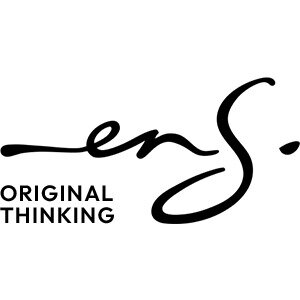Best Creditor Lawyers in Ghana
Share your needs with us, get contacted by law firms.
Free. Takes 2 min.
Or refine your search by selecting a city:
List of the best lawyers in Ghana
About Creditor Law in Ghana
Creditor law in Ghana encompasses the legal standards and practices that protect the rights and facilitate the responsibilities of creditors - entities or individuals to whom money is owed. This area of law is crucial in maintaining the balance of interests between creditors and debtors, ensuring that the former can recover amounts owed effectively and legally. Ghana's creditor laws are influenced by both common law principles and specific statutes, tailored to fit the country's commercial and economic contexts.
Why You May Need a Lawyer
There are numerous situations where one may require legal assistance regarding creditor matters in Ghana. Here are a few common scenarios:
- If you are seeking to recover a debt and need to understand the legal process for debt collection.
- When a debtor disputes the debt owed to you, or if rectification of records is needed.
- If you are dealing with a bankruptcy or insolvency situation and need to know how it affects your recovery rights.
- When drafting or enforcing a security interest or lien on property or assets.
- If you require legal representation in litigation or arbitration regarding creditor disputes.
Local Laws Overview
The legal framework governing creditors in Ghana comprises several key legislations and principles:
- Companies Act, 2019 (Act 992): Details the rights and responsibilities of creditors in cases of company insolvency and liquidation.
- Borrowers and Lenders Act, 2008 (Act 773): Provides for transparent contractual engagements between borrowers and lenders and highlights the rights of lenders.
- Bankruptcy and Insolvency Act, 2006 (Act 708): Addresses issues pertaining to insolvency and how creditors can access assets of bankrupt debtors.
- Common law principles also play a role, especially in contractual obligations and enforcement.
Frequently Asked Questions
What constitutes a valid debt recovery process?
A valid debt recovery process often involves sending a demand letter, negotiations, and possibly pursuing legal action if necessary, while conforming to applicable laws.
Can creditors seize property directly from debtors?
Creditors cannot directly seize property; they must first obtain a court order that grants them the right to seize or auction the debtor's assets.
What is the importance of a secured creditor?
A secured creditor holds a security interest in the debtor’s asset, providing an added layer of assurance for debt recovery, especially in insolvency cases.
How long does it take to enforce a debt collection in Ghana?
The duration can vary based on complexity, cooperation of the debtor, and court schedules, typically ranging from a few months to over a year.
Can interest rates on loans be disputed?
Yes, interest rates can be challenged if they are deemed unreasonable or have not been properly disclosed according to the Borrowers and Lenders Act.
What happens if a debtor declares bankruptcy?
If a debtor declares bankruptcy, the debtor’s assets may be distributed among creditors following specific legal procedures, wherein secured creditors often have priority.
What documents are necessary for debt recovery proceedings?
Key documents include the loan agreement, repayment schedule, any correspondence proving attempts at collection, and proof of debt transaction.
Are there any legal protections for creditors against fraud?
Yes, the law provides for remedies against fraudulent transfer of assets or fraudulent claims by debtors to prevent creditors from recovering debts.
What is a lien and how does it protect creditors?
A lien is a legal right or interest a creditor has in the debtor's property, granted until the debt obligation is satisfied, safeguarding creditor’s interests.
How are disputes between creditors and debtors usually resolved?
Disputes can be resolved through negotiations, mediation, arbitration, and if necessary, litigation in court.
Additional Resources
For further assistance, consider reaching out to the following resources:
- Ghana Bar Association: Provides directories of qualified lawyers and legal resources.
- Registrar General's Department: Offers information related to company insolvency and related proceedings.
- The Bank of Ghana: Provides regulations related to banking activities affecting creditors.
Next Steps
If you require legal assistance, consider taking the following steps:
- Document all relevant information regarding your situation, including communications, contracts, and attempts at collection.
- Consult with a qualified lawyer who specializes in creditor law to evaluate your case.
- Determine the appropriate legal action based on the lawyer’s advice, whether it's initiating negotiations or pursuing legal proceedings.
- Stay informed about changes in local laws that may affect your rights as a creditor.
Lawzana helps you find the best lawyers and law firms in Ghana through a curated and pre-screened list of qualified legal professionals. Our platform offers rankings and detailed profiles of attorneys and law firms, allowing you to compare based on practice areas, including Creditor, experience, and client feedback.
Each profile includes a description of the firm's areas of practice, client reviews, team members and partners, year of establishment, spoken languages, office locations, contact information, social media presence, and any published articles or resources. Most firms on our platform speak English and are experienced in both local and international legal matters.
Get a quote from top-rated law firms in Ghana — quickly, securely, and without unnecessary hassle.
Disclaimer:
The information provided on this page is for general informational purposes only and does not constitute legal advice. While we strive to ensure the accuracy and relevance of the content, legal information may change over time, and interpretations of the law can vary. You should always consult with a qualified legal professional for advice specific to your situation.
We disclaim all liability for actions taken or not taken based on the content of this page. If you believe any information is incorrect or outdated, please contact us, and we will review and update it where appropriate.
Browse creditor law firms by city in Ghana
Refine your search by selecting a city.



